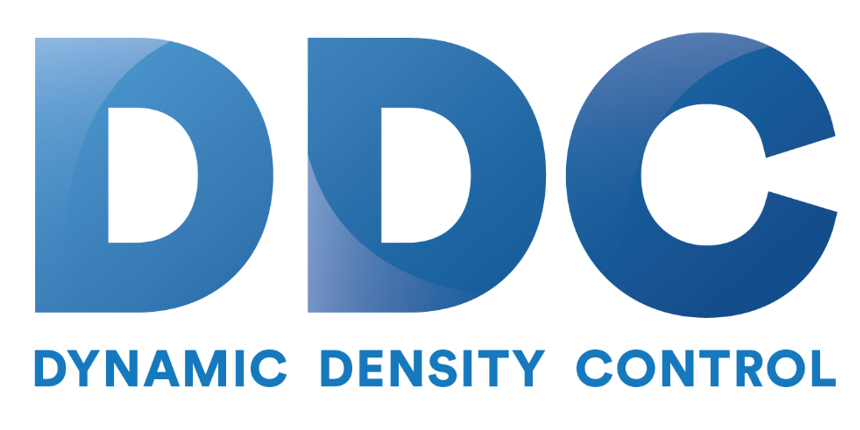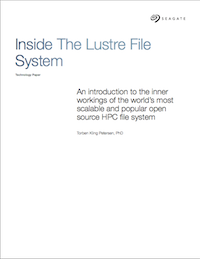 Jack Wells, director of strategic planning and performance management at Oak Ridge National Laboratory, has been named president of OpenACC, a nonprofit dedicated to advancing scientists’ parallel computing skills. OpenACC also announced updates to Version 3.1 of OpenACC API for writing parallel programs in C, C++, and Fortran, and it announced the 2021 schedule of global GPU hackathons and bootcamps.
Jack Wells, director of strategic planning and performance management at Oak Ridge National Laboratory, has been named president of OpenACC, a nonprofit dedicated to advancing scientists’ parallel computing skills. OpenACC also announced updates to Version 3.1 of OpenACC API for writing parallel programs in C, C++, and Fortran, and it announced the 2021 schedule of global GPU hackathons and bootcamps.
The organization said Wells will support OpenACC’s mission by leveraging his background in computational science and his experience managing leadership-class computing resources used by researchers in government, academia, and industry. OpenACC has broadened its mission to create a bridge to heterogeneous programming by developing the OpenACC specification and by focusing on participating in computing ecosystem development and providing training and education on programming models, resources and tools.
“As we ready future systems to support science in the exascale era,” Wells said, “I am extremely excited about the science that will emerge. Data analytics and machine learning creatively integrated with modeling and simulation is growing, and it is clear that hybrid, accelerated computing technologies are a large part of this story. Important to the story is the development of a performance-portable programming tool chain for scientific computing. This includes the evolution of language extensions and frameworks; maturation of accelerated compiler directives, such as OpenACC; and the emergence and adoption of library abstractions, such as Kokkos and Raja. It also includes providing training and education for our researchers to avail themselves of these accelerated technologies. This is all within the scope of the OpenACC organization’s mission.”

OpenACC President Jack Wells
Wells succeeds Duncan Poole, director of platform alliances at Nvidia, who will continue to serve as chairman on the OpenACC Board of Directors.
OpenACC said that after last year’s specification update, 3.0, the technical committee gave time to OpenACC compilers to catch up to the current specification before adding other major features. The development work for OpenACC 3.1 focused primarily on clean-up and clarifications for the specification with only a few new user-facing features, including support for Fortran BLOCK and DO CONCURRENT constructs, support for C++ range-based FOR loops, and improved compatibility between implementations by specifying argument names in API routines.
More information about OpenACC 3.1 can be found on this page on the organization’s site.
OpenACC organization has held global hackathons in collaboration with Oak Ridge National Laboratory and other organizations since 2014. Now in its sixth year, the GPU Hackathon program includes both full hackathon events and short-format GPU bootcamp events that cover HPC, AI and data science. A calendar of worldwide events for 2021, including 28 GPU hackathons and more than 40 bootcamps, is planned.




